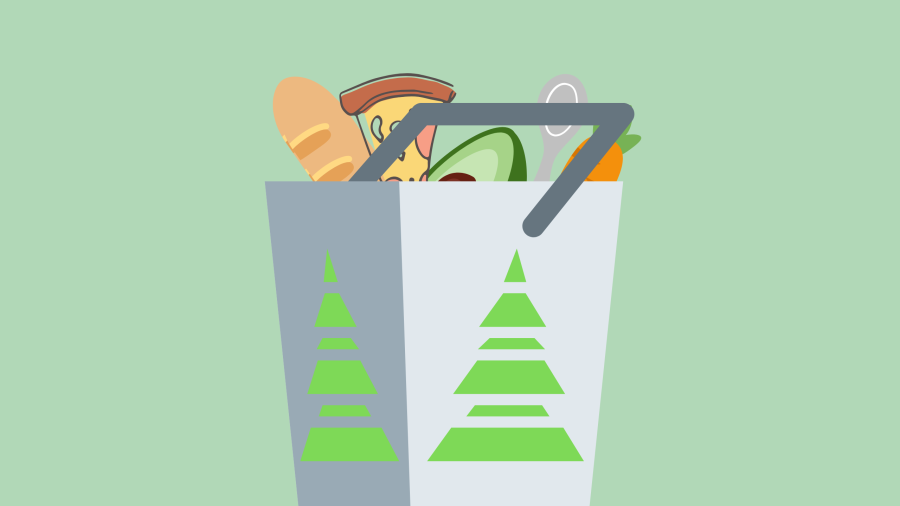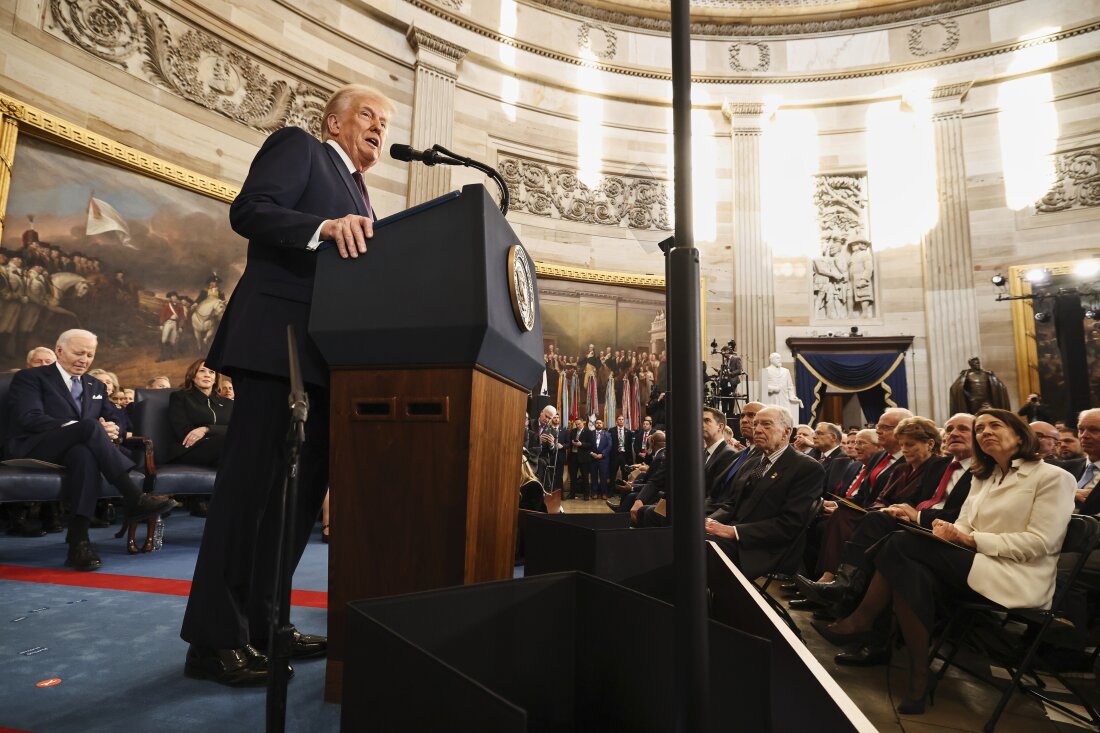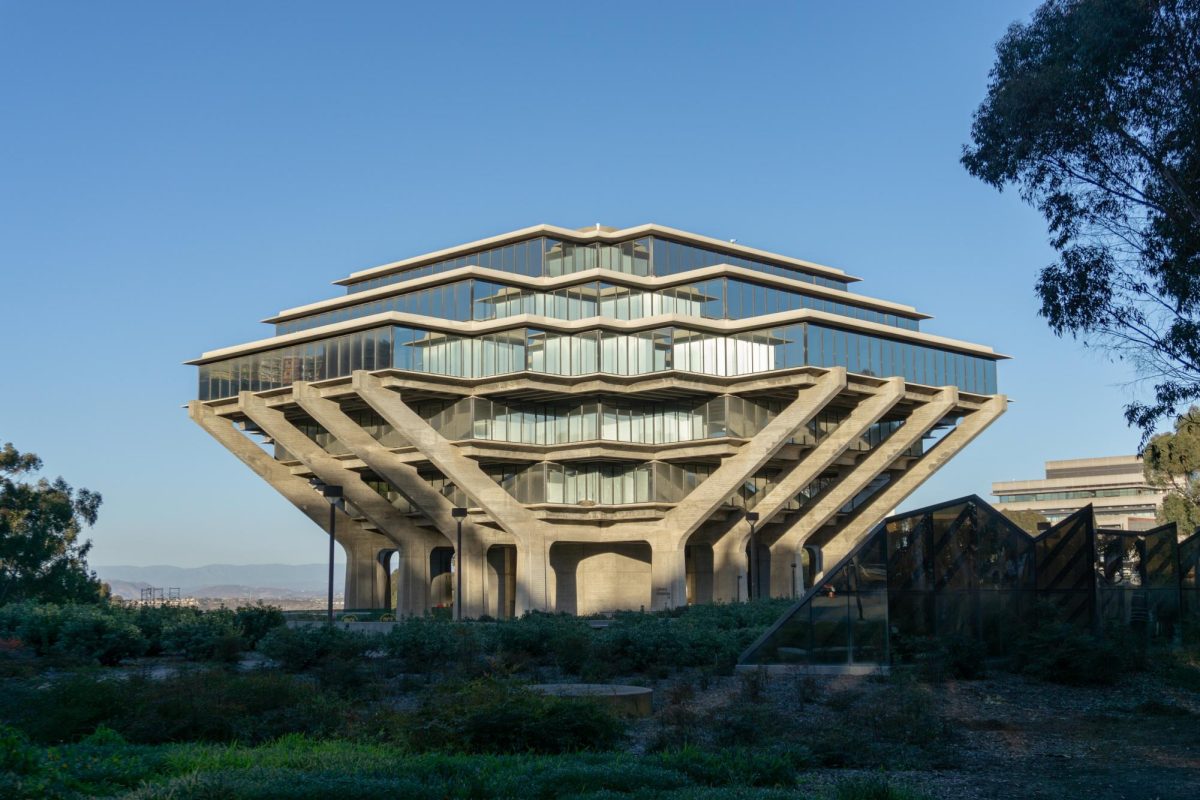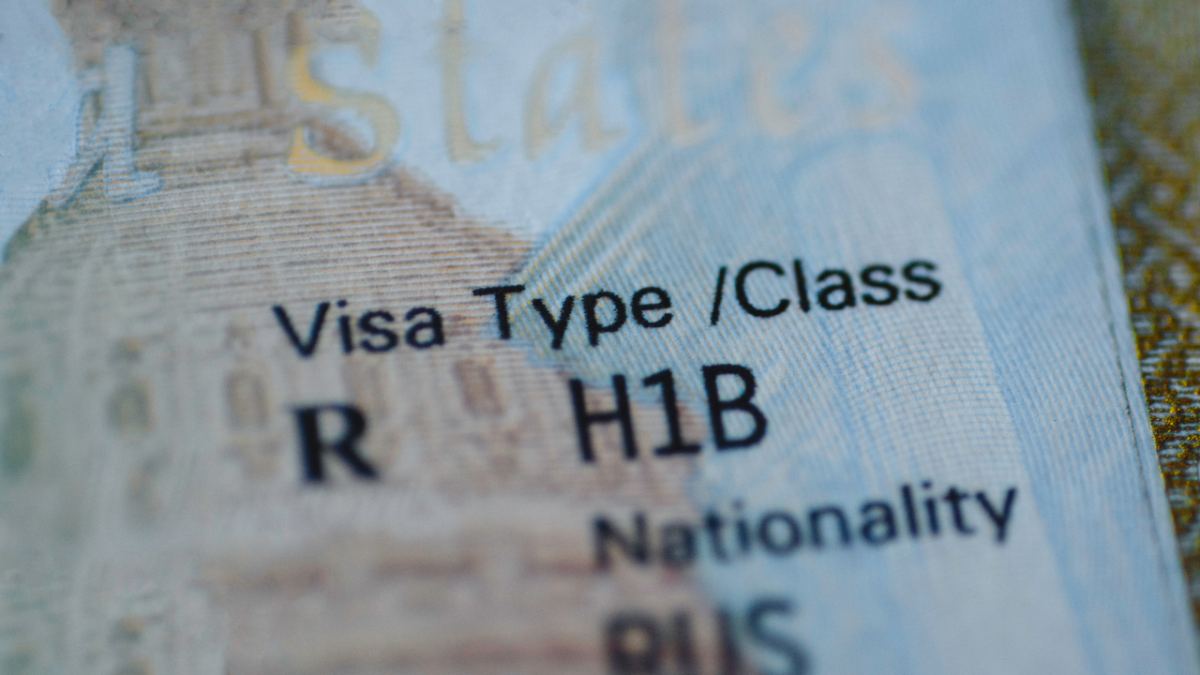As a Thurgood Marshall College student that lives in the Marshall residence halls, I eat at OceanView Terrace more than I care to admit. After a while, I started to notice how many times I have asked for a take-away container and just how many people ask for a take-away container. The more I thought about it, the more I realized how silly it was the students did not have the option to reuse the take-away containers given by the dining hall, or the ability to bring their own reusable containers. UC San Diego students should be able to bring their own container, specifically at OVT’s salad bar, due to the overwhelming call for action on climate change and marine wildlife pollution.
UCSD has shown initiative to make a positive impact on the world’s ever-changing climate by implementing policies like achieving a 90-percent waste diversion from landfill by 2020. To fulfill this quota, UCSD has ensured that to-go containers are fully recyclable, but even though this diverts waste from landfills, it does not do enough to protect the environment from plastic pollution. The fact is, 8 million tons of plastic end up in oceans. Plastic pollution harms wildlife, increases air, land, and water pollution, and disturbes food chains. In addition, recyclable materials are only able to be used two to three times. Simply put, the Housing Dining Hospitality initiatives implemented are not doing enough to protect the environment when it comes to the use of single-use containers which likely add to plastic pollution. Letting students use personal containers would help combat the single-use containers ending up as plastic pollution.
Unfortunately, the use of personal containers introduces valid concerns. For example, the ability to use personal containers could affect the way the salads are priced, as the salads are typically weighed after they are put into the takeaway containers or bowls. This, I believe can be solved by re-calibrating the weighing system to allow the salads to be weighed in the mixing container before being put into one’s personal container.
Additionally, using personal containers could draw in sanitary health concerns. However, if students were notified of this change and were able to sign a waiver that lists all concerns or liabilities, this change could be a viable option. In fact, one of the most internationally known coffee chains implements the option to allow customers to bring their own mug: Starbucks.
Starbucks has rewarded their customers with a discount for bringing their own personal cups or tumblers since 1985. This ability to bring one’s own cup, might seem like a small freedom, but has generated a notable decrease in the amount of waste Starbucks produced. If Starbucks’s bring-your-own-mug policy can make a difference in the amount of waste that would end up in landfills, then UCSD students bringing their own container can too, make a difference. According to Starbucks, it is their responsibility to reduce the amount of waste produced from their stores, as it is the university’s responsibility to reduce the amount of waste produced on campus.
Although UCSD is moving in the right direction of implementing policies to reduce the amount of waste that ends up in landfills, the university needs to take into account their contribution to plastic pollution. Bringing your own container could make a major impact, but in order to make that change, the students need to have the option to make that change.
Graphic courtesy of Geena L. Roberts.














